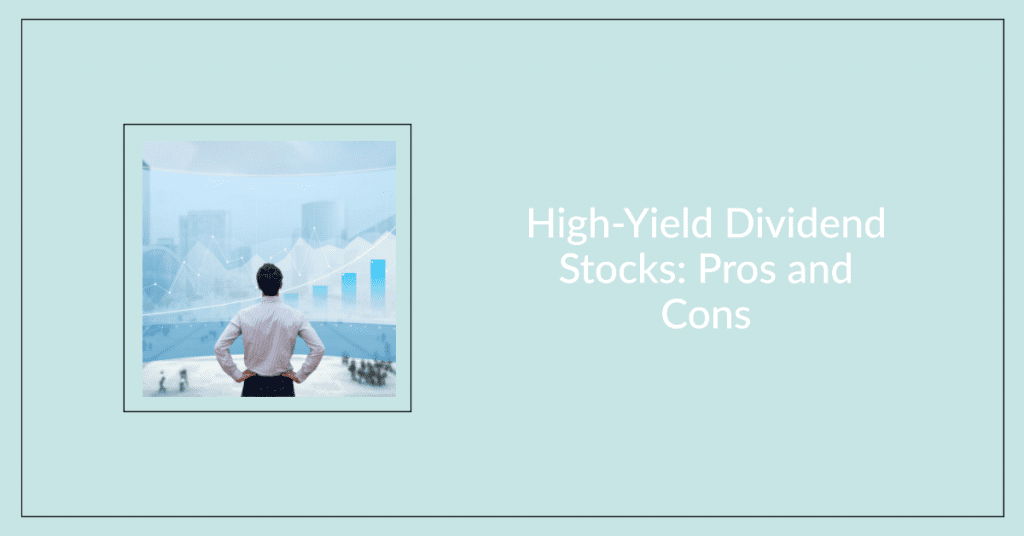Passive income is a concept that resonates with many individuals seeking financial independence. It offers the opportunity to earn money without actively participating in daily work. Investing in high-yield dividend stocks is one avenue that promises to boost your passive income. In this article, we will explore the potential benefits and considerations associated with this investment strategy.

Understanding High-Yield Dividend Stocks
Before delving into the worthiness of investing in high-yield dividend stocks, it’s important to grasp their nature and purpose. High-yield dividend stocks are shares of companies that distribute a significant portion of their profits to shareholders in the form of dividends. These stocks often offer higher dividend yields compared to the average market returns, making them an attractive choice for income-focused investors.
The Pros of Investing in High-Yield Dividend Stocks
- Regular Income Stream: One of the primary advantages of investing in high-yield dividend stocks is the steady stream of income they provide. Dividends are typically paid on a regular basis, allowing investors to supplement their existing income or reinvest the funds to further grow their portfolio.
- Potential for Capital Appreciation: Alongside the dividend income, high-yield dividend stocks also have the potential for capital appreciation. As the value of the underlying company grows, so does the value of your investments. This dual benefit can significantly enhance your overall returns.
- Diversification: Investing in a portfolio of high-yield dividend stocks allows you to diversify your income sources. By selecting stocks from various sectors and industries, you can mitigate the risk of relying on a single company’s performance. This diversification helps protect your passive income from fluctuations in the market.
The Considerations of Investing in High-Yield Dividend Stocks
- Risk Factors: While high-yield dividend stocks offer attractive income potential, they also carry certain risks. Some companies may struggle to sustain high dividend payouts or face financial challenges, which could lead to a reduction or elimination of dividends. Thorough research and careful stock selection are crucial to mitigate these risks.
- Market Volatility: Like any investment, high-yield dividend stocks are subject to market volatility. Economic downturns or industry-specific challenges can impact stock prices and, consequently, dividend payments. Investors must be prepared for short-term fluctuations and have a long-term perspective.
- Tax Implications: Dividends are subject to taxation, and the tax rates may vary depending on your country of residence. It’s essential to understand the tax implications associated with high-yield dividend stocks to effectively plan and manage your overall tax burden.
Conclusion
Investing in high-yield dividend stocks can be a worthwhile strategy for maximizing your passive income. The regular income stream, potential for capital appreciation, and diversification benefits make them an appealing option for income-focused investors. However, it’s crucial to consider the associated risks, market volatility, and tax implications before committing to this investment approach. A well-researched and diversified portfolio, combined with a long-term perspective, can help you navigate the challenges and reap the potential rewards of investing in high-yield dividend stocks.